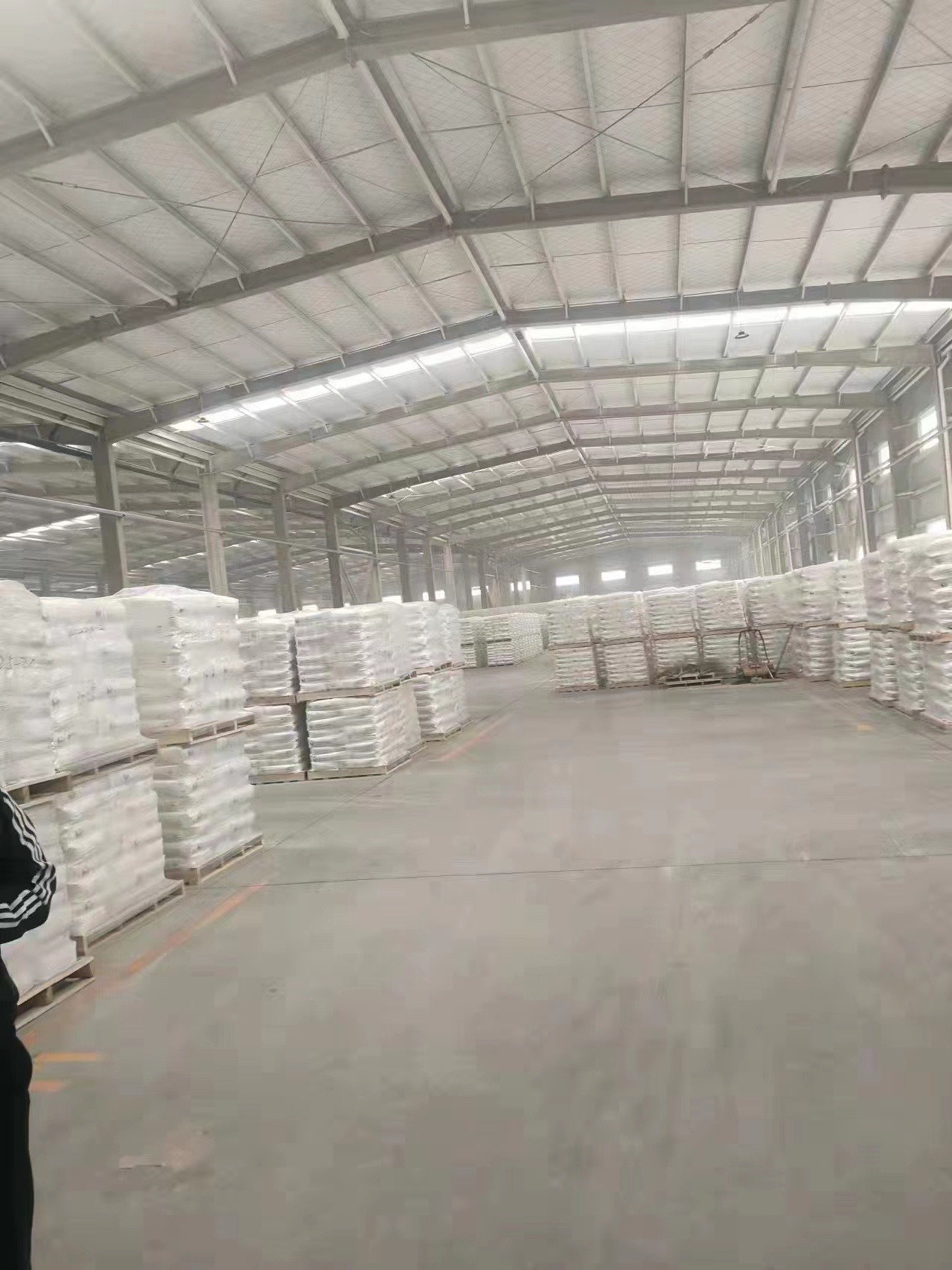
Aug . 17, 2024 06:11 Back to list
Exploring the Properties and Applications of Titanium Dioxide in White Pigments
The Significance of TiO2 White in Various Industries
Titanium dioxide, commonly referred to as TiO2, is an inorganic compound that has gained immense significance due to its remarkable properties, primarily its brilliant white color. Found naturally as the minerals rutile and anatase, TiO2 is widely utilized across various industries, including paints, coatings, plastics, and even cosmetics. This article explores the importance, applications, and future prospects of TiO2 white.
Properties and Benefits of TiO2
One of the key features of titanium dioxide is its high refractive index and excellent opacity. This means that even in small quantities, TiO2 can effectively cover surfaces and enhance brightness, making it a preferred choice for white pigments. Its strong UV resistance adds another layer of appeal, as it helps protect underlying materials from degradation when exposed to sunlight.
Moreover, TiO2 is non-toxic and environmentally friendly, which aligns well with the growing demand for sustainable and safe products. With increasing regulations concerning harmful substances in consumer goods, industries are turning to TiO2 as a viable alternative to traditional, hazardous pigments. The compound's durability and stability also contribute to its long-lasting performance in applications.
Applications of TiO2 White
1. Paints and Coatings TiO2 white is predominantly used in the paint and coatings industry. As a pigment, it provides superior hiding power and enhances the brightness of colors. Its ability to scatter light makes it essential in producing high-quality finishes in both indoor and outdoor applications. Water-based paints, which are becoming increasingly popular due to environmental considerations, also heavily rely on TiO2.
2. Plastics In the plastics industry, TiO2 serves as a pigment for various products, including containers, automotive parts, and consumer goods. Its contribution to opacity and brightness enhances the aesthetic appeal of plastic products while simultaneously improving UV resistance, thus extending the lifespan of the materials.
tio2 white

3. Cosmetics The use of titanium dioxide is also prevalent in cosmetic formulations, particularly in sunscreen products. It acts as a physical sunscreen agent that reflects UV radiation, providing protection against skin damage. Additionally, TiO2 contributes to the texture and appearance of various cosmetic items, such as foundations and powders.
4. Food Industry Interestingly, TiO2 has also found its way into the food industry, often employed as a whitening agent in various products. However, this application has raised health concerns, prompting discussions about regulations and safety standards.
5. Photocatalysis Beyond its role as a pigment, TiO2 has garnered attention in environmental applications due to its photocatalytic properties. It can decompose organic pollutants in the presence of light, making it a valuable asset in air and water purification systems.
Future Prospects and Innovations
As sustainability and environmental consciousness continue to shape industry trends, TiO2 white is likely to maintain its relevance. Research is underway to explore more efficient manufacturing processes, including the development of nano-titanium dioxide, which offers additional benefits, such as increased photocatalytic activity and reduced amounts needed for effective applications.
Furthermore, innovations in TiO2 formulations may lead to enhanced performance characteristics, paving the way for new markets and applications. The demand for eco-friendly products ensures that titanium dioxide will remain a critical component in existing and emerging industries.
Conclusion
Titanium dioxide, renowned for its striking white hue, plays a crucial role in diverse sectors, from paints and plastics to cosmetics and environmental applications. Its unique properties, combined with its safe status, position TiO2 white as an indispensable material in modern manufacturing. Looking ahead, the sustainability trends are sure to bolster its significance, leading to ongoing research, innovation, and applications that capitalize on its remarkable capabilities.
-
Premium 6618 Titanium Dioxide for GPT-4 Turbo Applications
NewsJul.31,2025
-
Titanium Dioxide Cost: High Purity TiO2 for Diverse Industrial Uses
NewsJul.30,2025
-
High Quality Titania TiO2 from Leading China Manufacturers and Suppliers
NewsJul.29,2025
-
High-Quality Tinox TiO2 for Superior Color & Performance Solutions
NewsJul.29,2025
-
High Quality Titania TiO2 from Leading China Supplier & Manufacturer
NewsJul.29,2025
-
High-Performance r6618 TiO2 for Superior Whitening and Versatility
NewsJul.28,2025
